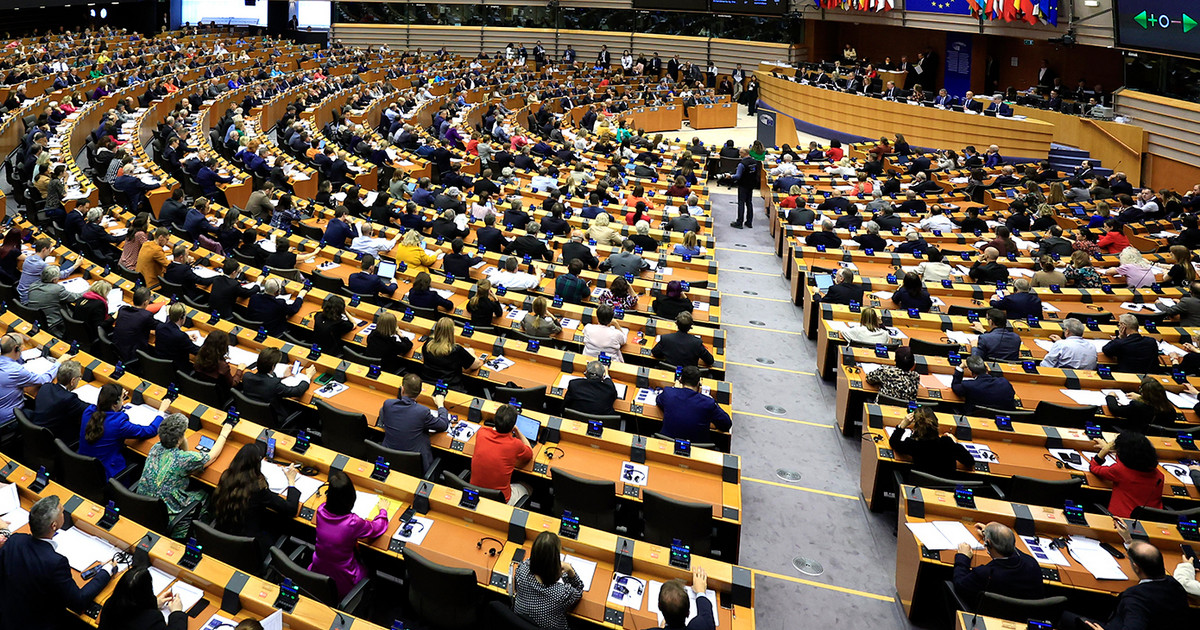The European markets closed with negative signs on Friday, in a turbulent week marked by the discovery of a new mutation in the coronavirus, called Omicron.
In particular, the pan-European Stoxx 600 recorded losses of 0.57% at 462.77 points, having strong volatility during the day. On a weekly basis, it recorded losses of more than 1%. Shares of the mining industry led the losses today, recording a “dip” of 2.8%. At the same time, the other pan-European Stoxx 50 lost 0.68% to 4,080.15 points.
On the rest of the board, the German DAX fell 0.61% to 15,169.98 points, the British FTSE 100 slipped 0.10% to 7,122.32 points and the French CAC-40 closed at 6,765.52 points, down 0.44%.
In the periphery, the Spanish IBEX-35 fell 0.71% to 8,241.70 points and the Italian FTSE MIB lost 0.26% to 25,938.52 points.
European stock markets started today with gains, in an attempt to recover from yesterday’s losses, as the Stoxx 600 had fallen 1.1% and the technology sector had fallen 3.8%. However, then the investment climate was reversed and the European markets closed in the “red”.
Investors are still looking for clues as to the seriousness of the new Omicron variant. The World Health Organization said Friday that Omicron, which was first detected in South Africa, has now been detected in 38 countries, up from 23 two days ago.
It is noted that many countries are stepping up travel restrictions in an effort to curb the spread of Omicron. In the US, typically, the government tightens its obligations on coronavirus tests whenever it travels. At least five US states have now confirmed cases of Omicron.
Meanwhile, GlaxoSmithKline announced on Thursday that its tests showed that its antibody therapy was effective against Omicron.
At the macro of the day, business activity in the euro area accelerated last month, but the recovery may be temporary as demand growth slowed and worries about Omicron hit optimism.
The composite PMI rose to 55.4 points in November from 54.2 points in October, lower than initially estimated at 55.8 points, but still higher than the 50 points separating growth from recession.
Meanwhile, the strongest inflationary pressures of the last 23 years have limited the recovery of British companies in the services sector from the pandemic, and hit optimism for next year.
The IHS Markit services PMI fell to 58.5 points in November from 59.1 points in October, revised slightly below the initial reading of 58.6 points.
End, the industrial production of France increased on a monthly basis in October, despite problems in the supply chain, exceeding estimates, according to data from the statistical service Insee.
Total industrial production increased 0.9% in October compared to September.
Economists expected production to increase by 0.3%.
Industrial production was 4.5% lower than pre-pandemic levels in February 2020, Insee said.
.
I am Sophia william, author of World Stock Market. I have a degree in journalism from the University of Missouri and I have worked as a reporter for several news websites. I have a passion for writing and informing people about the latest news and events happening in the world. I strive to be accurate and unbiased in my reporting, and I hope to provide readers with valuable information that they can use to make informed decisions.






